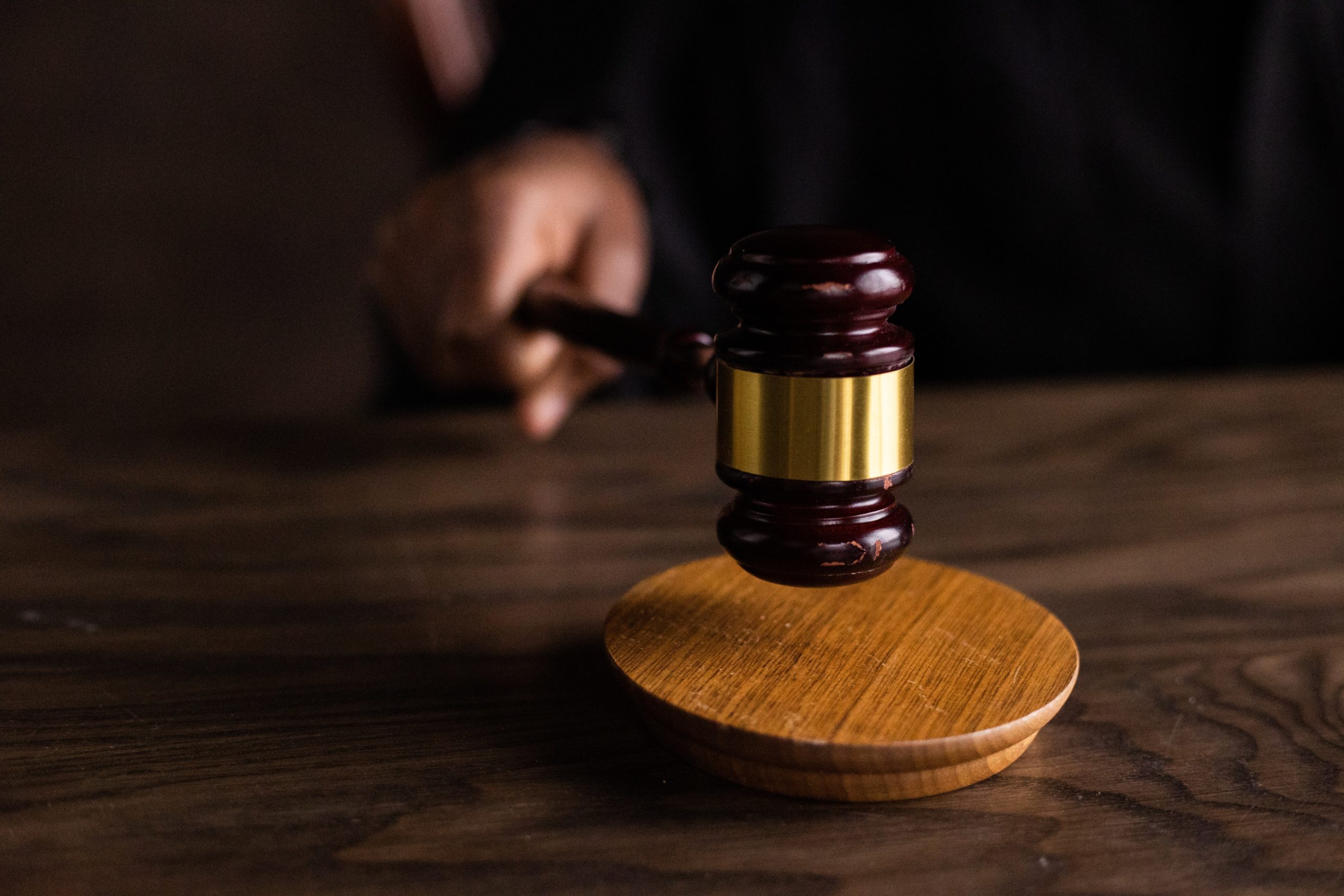
Regressive Prosecutors
On a Saturday night this past February in St. Louis, 17-year-old Janae Edmonson’s life was shattered. A 2023 Audi Q5 sped through a downtown intersection, failed to yield, and struck another car, rolling into the high school volleyball star. Edmonson will never set or spike again—both of her legs had to be amputated.
The driver of the Audi was 21-year-old Daniel Riley, who had no driver’s license and was accused in 2020 of armed robbery with a firearm, a Class A felony. Since his release on bond for the latter offense, he had violated the terms of his supervision more than 100 times, with no accountability resulting from St. Louis circuit attorney Kim Gardner.
A short time after the accident, Missouri attorney general Andrew Bailey called on Gardner to resign. After the deadline for this demand passed, he issued a quo warranto, a rarely used proceeding that requires Gardner to provide legal justification for her actions or face immediate dismissal. The Missouri legislature is also considering a law that would help circumvent Gardner and other “progressive” prosecutors who refuse to enforce the law. HB 301 would let the governor appoint a “special prosecutor” to oversee especially serious charges if an elected attorney fails to uphold his duties.
Other states should take note. Consider the gunman who killed three people and wounded five others this February in Michigan: he had a previous felony-weapons violation dismissed by then-Ingham County prosecutor Carol Siemon in the name of “race equity.”
Events like these expose how progressive prosecutors’ aspirations for social justice endanger already-vulnerable communities. De-prosecution, a mainstay for progressive prosecutors, results in massive increases in homicides. St. Louis is facing its highest homicide rate in 50 years. Progressive prosecutor Jason Williams of New Orleans, pledging to be “more selective” about prosecution, helped make his city the nation’s most dangerous.

Stay Informed
Sign up to receive updates about our fight for policies at the state level that restore liberty, accountability, and innovation in American governance.
